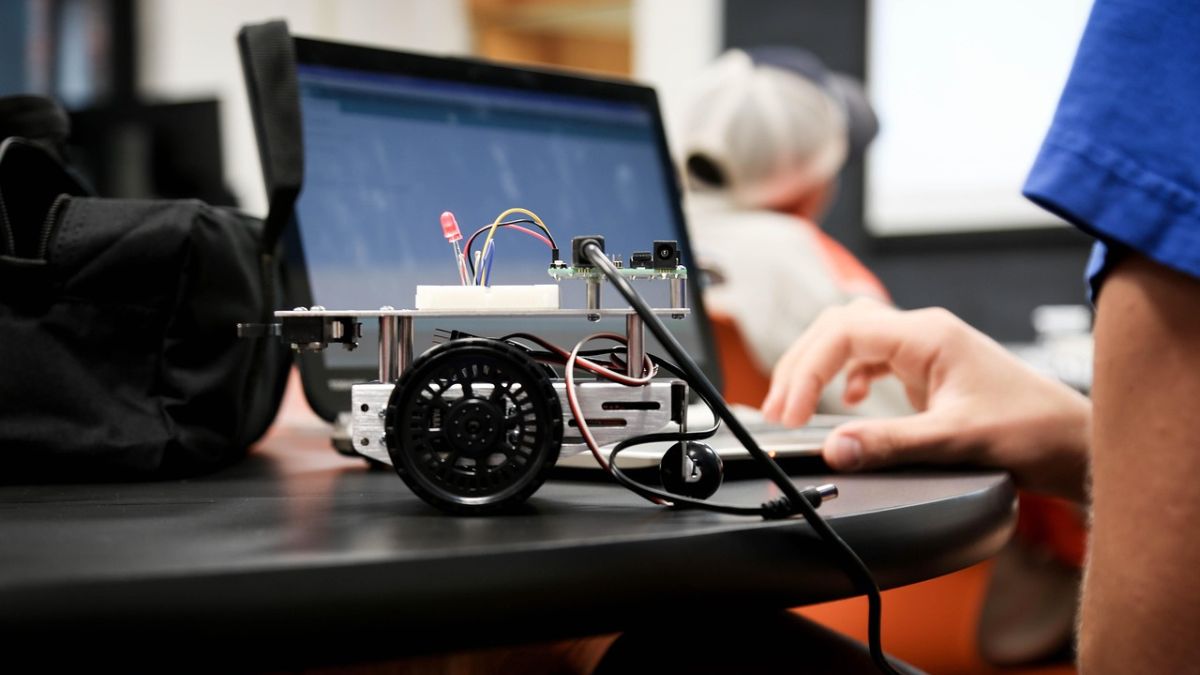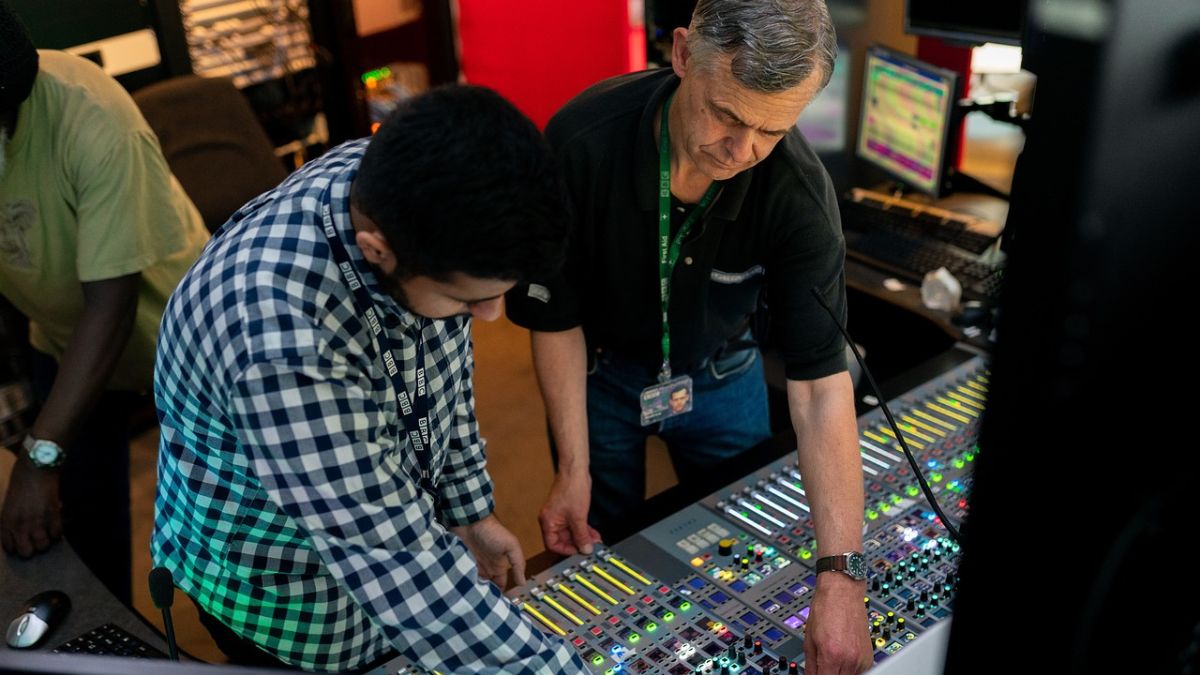Physical Address
304 North Cardinal St.
Dorchester Center, MA 02124
Physical Address
304 North Cardinal St.
Dorchester Center, MA 02124

The 2008 financial crisis is often remembered as one of the most devastating economic events in modern history. Millions of Americans lost their jobs, homes, and savings almost overnight, while global markets spiraled into chaos. At the time, most people were blindsided. Yet a few economists and analysts—like the woman who predicted the financial crisis of 2008—saw it coming.
Today, as the U.S. grapples with slowing job growth, rising tariffs, and talk of another recession, Gen Z is asking questions: What caused the 2008 crisis? How was it solved? Could we be on the edge of another downturn? And what lessons should younger generations learn from it?
A new wave of experts, educators, and financial commentators are helping Gen Z connect the dots between the global financial crisis of 2007 to 2009 and the issues shaping the economy now. Their insights don’t just explain the past—they highlight the problems of Generation Z today and offer ideas for solutions.
Before connecting the dots to Gen Z, it helps to step back and look at what really happened in 2008.
At its core, the financial crisis 2008 causes and effects were tied to risky lending and a housing bubble. Banks were giving out loans to people who couldn’t afford them—so-called “subprime mortgages.” These loans were bundled into complex financial products and sold around the world. When homeowners started defaulting, the entire system unraveled.
The global financial crisis 2007 to 2009 summary is simple: risky bets, poor regulation, and systemic greed triggered a collapse that spread worldwide.
While Wall Street and many policymakers were caught off guard, a handful of experts sounded alarms early. Among them was economist Nouriel Roubini, nicknamed “Dr. Doom,” and financial analyst Meredith Whitney, often referred to as the woman who predicted the financial crisis 2008.
Whitney famously warned about the instability of large U.S. banks, predicting losses tied to bad mortgages. Her analysis was dismissed at first, but within months, her warnings proved correct. Roubini, too, had argued years earlier that the U.S. housing bubble would lead to a financial meltdown.

For Gen Z, their stories are a reminder that listening to independent voices matters—especially in times when most experts insist everything is fine.
Generation Z, born between the late 1990s and early 2010s, grew up during or just after the global financial crisis 2007 to 2009. Even if they were too young to understand it at the time, its ripple effects shaped their upbringing:
For Gen Z, financial crises aren’t abstract history lessons—they are part of their lived reality. And with economic uncertainty rising again, they’re asking: Are we heading for another collapse?
Many of the problems Gen Z faces are linked, directly or indirectly, to lessons from 2008. Here are some of the top issues facing Generation Z:
Mental Health and Financial Stress
Economic insecurity is directly tied to Gen Z problems today and solutions must address more than just money. The stress of uncertain futures is taking a toll on mental well-being.

Experts note that while Gen Z faces enormous challenges, they also bring unique strengths.
In other words, Generation Z financial crisis fears aren’t unfounded—they’re shaped by real vulnerabilities.
So, what lessons can Gen Z learn from the financial crisis 2008 causes and effects?
Government Policy Plays a Big Role
In 2008, bailouts and stimulus shaped recovery. Today, tariffs, rate cuts, and fiscal policy will shape Gen Z’s economic future.

Some analysts argue we may already be seeing the early signs of another downturn. The August jobs report showed U.S. job growth missed expectations, with just 22,000 jobs added—well below the 75,000 projected. The unemployment rate ticked up to 4.3%. Manufacturing lost jobs, and federal employment continued to decline.
Meanwhile, tariffs on imports are pushing up consumer prices, inflation remains above the Federal Reserve’s 2% target, and interest rate decisions loom. For Gen Z entering the workforce, this creates a fragile environment.
Social media is buzzing with Gen Z’s #RecessionIndicator trend—young people pointing out unusual cultural shifts as signals of economic trouble. Empty bars, frugal fashion, and changing spending habits are their way of capturing financial anxiety.
Experts warn that while these jokes are lighthearted, they reflect genuine fear. About one-third of Gen Z and millennials worry their finances could lead to homelessness, according to a 2024 Acorns survey.
Looking ahead, what are the problems experienced by Generation Z likely to be?
The combination of these factors may create a Gen Z crisis unless addressed with forward-looking policy and personal financial planning.

The good news is that solutions exist—both at the personal and policy level.
Unlike millennials in 2008, Gen Z has grown up in an era of economic uncertainty. They’ve seen housing bubbles, pandemic shocks, inflation spikes, and trade wars before even hitting 30.
This awareness may be their greatest asset. Instead of being blindsided, they are already cautious—sharing warnings on social media, questioning mainstream narratives, and demanding accountability from leaders.
As one financial expert put it, “Gen Z might not stop the next downturn, but they’ll enter it with eyes wide open.”
The 2008 financial crisis explained more than just the collapse of housing markets—it revealed how interconnected and fragile modern economies can be. For Generation Z, understanding what caused the 2008 crisis, how it was solved, and what effects it had is more than a history lesson. It’s a guidebook for surviving today’s challenges.
The problems of Generation Z—high costs of living, job insecurity, and financial stress—mirror some of the structural weaknesses that led to the global financial crisis 2007 to 2009. But Gen Z also has unique strengths: adaptability, awareness, and the ability to share insights at scale.
Founder and Chief Analyst at Reflect Relay
I serve as a bridge between breaking news and strategic insight. With a background in Business, Tech, News and Lifestyle, I write about the future of business and technology — not the usual way things happen today, but the new things that will shape those arenas. And the clarity to go forth is my job.”
Leading the future of data intelligence. From AI-powered insights to actionable business dashboards, we turn information into your competitive advantage.
OUR PROMISE TO YOU
✓ Clarity over clickbait.
✓ Depth over speed.
✓ Context over noise.
Thank you for reading.
© 2025 Reflect Relay. All rights reserved.
We use cookies to improve your experience on our site. By using our site, you consent to cookies.
Websites store cookies to enhance functionality and personalise your experience. You can manage your preferences, but blocking some cookies may impact site performance and services.
Essential cookies enable basic functions and are necessary for the proper function of the website.
These cookies are needed for adding comments on this website.
Statistics cookies collect information anonymously. This information helps us understand how visitors use our website.
Google Analytics is a powerful tool that tracks and analyzes website traffic for informed marketing decisions.
Service URL: policies.google.com
You can find more information in our Privacy Policy and .




